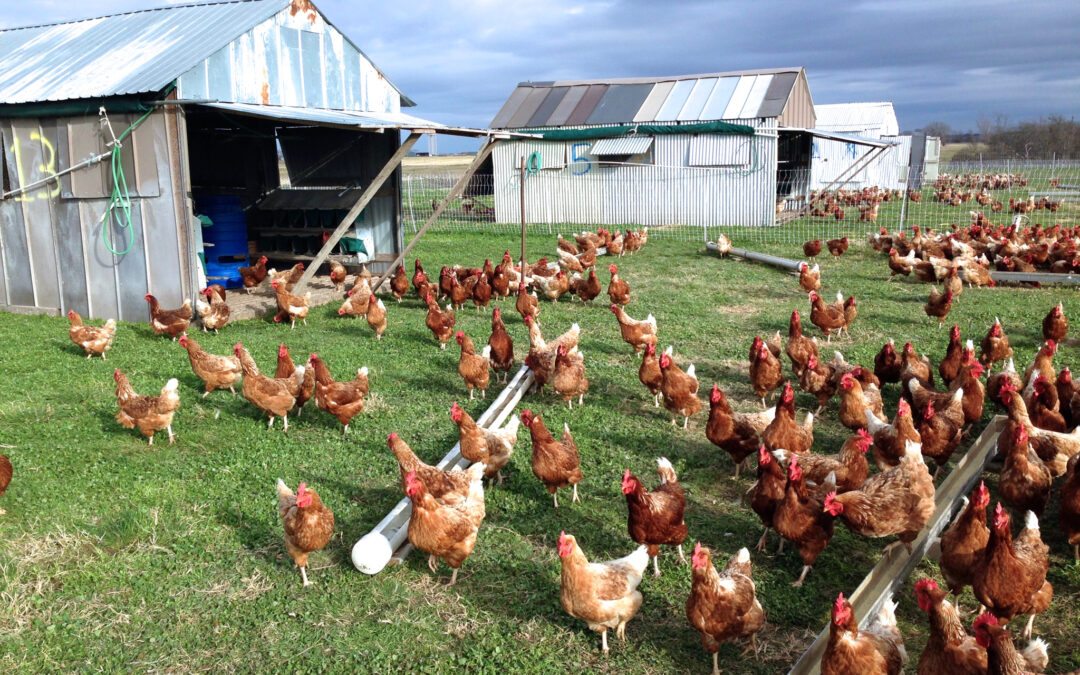One question we often ask during an interview is “What is the meaning of organic?”. The answers range from informed and enthusiastic to a vague idea of healthy or better for the earth to outright ignorance, equating it with vegan food or “natural” food, whatever that might mean considering that everything is “natural” in this physical world of ours. But I’ll save my piece on “natural” for another blog! The simple way to define the meaning of organic is that it is a way of growing plants and animals sustainably, without the use of chemicals toxic to the soil microbiota or beneficial insects, and without the use of synthetic chemical fertilizers that both destroy the soil biome and often contaminate water sources, causing things such as toxic algae blooms and killing off fish and other aquatic creatures. There has been a bit of a battle in the last 20 years or so amongst the various entities involved in “certifying” organic products. As you might guess, money is involved. Large agribusinesses want to reap some of the profit of selling to consumers who are willing to pay extra for the “organic” stamp, but want to minimize their expenditure of resources. That is to say they want to cut corners. Those pictures of cows grazing on green fields only really happen on small farms anymore, not at farms producing “Horizon” milk, which has gotten a failing grade from consumer entities who look at the actual practices of companies with the organic claim. We researched this long ago, when we made the decision to stick to Organic Valley milk at Pacha Organic Cafe. Yes, there is a price difference, and yes we actually would prefer Countryside milk which we used until they shut down for a while, but Organic Valley has a decent set of standards that we were comfortable with. The bottom line is that buying high quality organic ingredients minimizes toxins such as pesticides (it’s pretty hard to eliminate with the huge water contamination problem created by conventional industry) and often contains more trace elements and other micronutrients stripped out of the soil by conventional agriculture. And when we consider what animals we eat, I choose to buy those who have been given a life that contains some joy and natural environment before they feed us: so, for example, pastured chickens lay our eggs, and pastured cattle are fed only grasses, and pigs are raised on small farms where they can wallow in mud and be able to move around. One resource for further information is organicconsumers.org.
(512)420-8758

